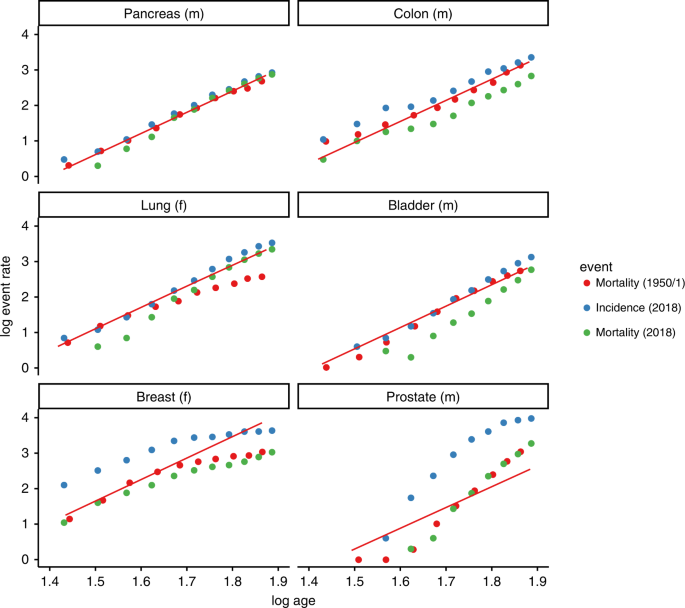
- Select a language for the TTS:
- UK English Female
- UK English Male
- US English Female
- US English Male
- Australian Female
- Australian Male
- Language selected: (auto detect) - EN
Play all audios:
In Sonoma County, California — an area with acres upon acres of lush farms and vineyards — nearly 1 in 3 residents faces food insecurity and 45,000 tons of food are dumped into landfills
each year. Established in 2008, the Healdsburg-based nonprofit Farm to Pantry works to end food waste by “rescuing” excess produce from local farms and gardens — some belonging to elegant
restaurants — and then delivering the fruits and vegetables to low-income, older residents at senior housing communities, medical facilities and homeless shelters. Farm to Pantry used a
grant from the 2023 AARP Community Challenge to build 10 “Farmacy Carts” for displaying the produce it collects and delivers. With a staff of only six, the nonprofit relies on volunteers,
drawing from a pool of 500, many of whom are retirees. The carts for the project were built by woodworkers who came out of retirement to lend their skills, construction company employees and
local teens in high school shop classes. The carts were needed as a replacement for displaying the produce in cardboard boxes. AARP COMMUNITY CHALLENGE “We’re delivering beautiful produce,
and we want to present the items as such,” says Kelly Conrad, Farm to Pantry’s development director. “With a more inviting display, people are more inclined to select and use the produce.”
At the farm run by Single Thread, a 3-Michelin-Star restaurant in Healdsburg, the farmers harvest what the restaurant will use on its menu, depending on how many reservations it has,
Conrad explains. “After that, we go through the garden and glean what won’t be used. It's food justice at its best.” Homeowners with backyard gardens call Farm to Pantry when they have
ripe produce. “There's some older folks who have these beautiful fruit trees, but they can't get up on a ladder to pick the fruit,” says Conrad. “We'll do the pruning and
show them what we get off of their tree or from their garden. They then take what they'll use, and we take the rest. We also spruce up their yard and leave it a bit better than we found
it.” Gleaning takes place primarily on weekdays, which is suited to older, retired volunteers. “Many of our senior recipients are part of our volunteer pool,” Conrad adds, noting that
nearly 80 percent of the produce recipients are age 50 or older. “This project provides a bridge between abundance and need with seniors on both ends of the bridge.” Farm to Pantry also
helps nonprofits that make prepared meals for older people who are homebound. THE RESULTS — AND REACTIONS Since Farm to Pantry stationed its first cart at a health clinic in 2017, requests
for the carts have snowballed throughout the county, says Conrad. “The seed planted by our one cart has pollinated due to needs throughout the community, especially for our more fragile,
low-income senior members who need immunity-boosting, nutrient-rich foods in their diet the most.”






